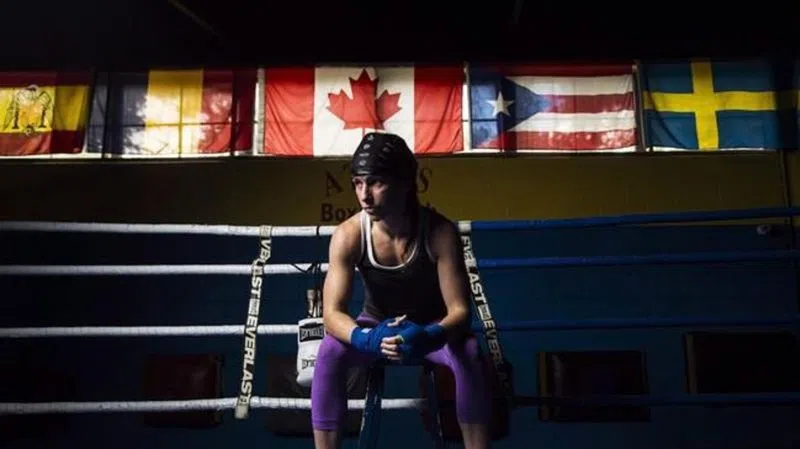
Bujold hopes to cap comeback from baby with trip to Tokyo Olympics
What would Mandy Bujold say to her daughter about chasing her dreams?
When the Canadian boxer was weighing a possible return to the Olympic ring four years after Games heartbreak in Rio, she pictured a future conversation with her daughter.
“That’s something that’s motivating me because I knew I wanted to do another (Olympics), and I was thinking: What if I was having this conversation with my daughter when she’s a little older, and she was saying, ‘I really want to do this, but I don’t know about the sacrifices,’ I would 100% be encouraging her and telling her to do it.”
Bujold’s daughter Kate Olympia — whose initials “K.O.” were wonderfully coincidental — is 15 months old.
